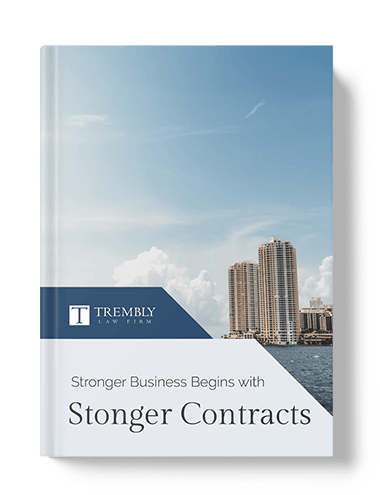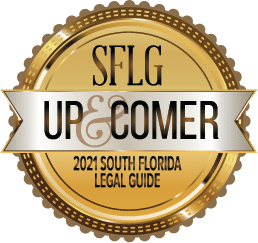(CARES Act Provisions as of March 26, 2020)
In the early hours of the morning on Thursday, March 26, 2020, the United States Senate passed the highly anticipated (and updated) Economic Relief Plan (CARES Act), building upon the earlier versions of the CARES Act. It is a third round of federal government support in wake of the Coronavirus public health crisis sand economic fallout. We now wait on the House of Representatives to approve the CARES Act, which should happen soon.
This is a rare bipartisan effort to stimulate the economy with both sides coming together to do something fantastic for the American people. While the Act provides extended unemployment pay and additional relief for employees, this article by the Trembly Law Firm only dissects the effects on business owners and employers. In our opinion, this bill can be a life-saver for eligible businesses, and you’ll want to take advantage.
Key Provisions
- Provides loan relief to Employers for the “Covered Period” (February 15, 2020 – June 30, 2020).
- Delays payment of employer payroll taxes (see more below).
- Temporarily repeals the taxable income limitation for many types of businesses.
- Increases the government guarantee of loans made under section 7(a) of the Small Business Act to 100% through December 31, 2020.
- Modifies the limitation of business interest in some scenarios.
- Specifies allowable uses of the loan to include payroll costs, healthcare benefits during periods of sick leave, employee salaries, insurance premiums, interest on mortgage obligations, rent, utility payments, and interest on other debt obligations incurred prior to the covered period.
- Sets a maximum interest rate of 4% and waives various requirements (personal guarantees, etc.).
- Allows for six-month loan deferments.
Loan Forgiveness Provisions
- Borrowers shall be eligible for loan forgiveness equal to the amount spent by the borrower during an eight-week period after the origination date of the loan on payroll costs, and payment of rent on any lease in force prior to February 15, 2020.
- Eligible payroll costs do not include compensation for employees above $100,000 in wages, amongst a few other exceptions.
Employee Retention Credit (Payroll Tax Credit and Deferral)
The CARES Act provides a credit of up to 50% of qualified employment taxes paid by Eligible Employers during the COVID-19 (Coronavirus) crisis, with a limit of up to $10,000 per employee.
“Eligible Employer” means any employer which (a) was carrying on a trade or business during the calendar year 2020 and whose business has been partially or completely suspended due to a government order due to the Coronavirus pandemic, or (b) had a severe decline in gross receipts of 50% or more when compared to the same quarter in the prior year due to the Coronavirus in 2020.
For employers with greater than 100 full-time employees, qualified wages are wages paid to employees when they are not providing services due to the COVID-19-related circumstances described above. For eligible employers with 100 or fewer full-time employees, all employee wages qualify for the credit, whether the employer is open for business or subject to a shut-down order.
For a specific determination of who qualifies, please contact us.

















